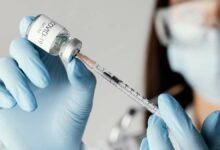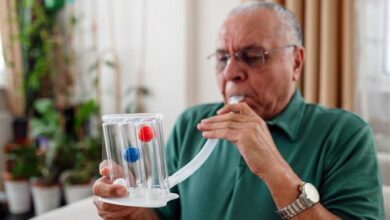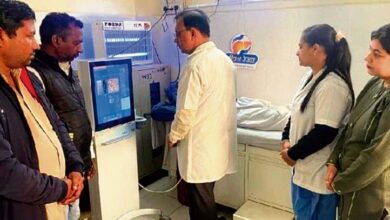Doctor Offers Advice On How To Care For HIV Patients At Home on World AIDS Day 2023
The virus known as HIV, or human immunodeficiency virus, targets the immune system and progressively reduces the body’s capacity to fight against infections and other illnesses. It is critical to comprehend the extent of the illness as it affects not only the people and their families but also society as a whole.
Dr. Monalisa Sahu, Consultant in Infectious Diseases at Yashoda Hospitals in Hyderabad, provided guidance on how to care for an AIDS patient at home in an interview with Jagran English.
In order to keep HIV-positive patients healthy and prevent them from developing AIDS or spreading the illness to others, Dr. Sahu outlined a number of actions that may be performed in their home care.
A Guide to HIV Patient Care for At-Home Settings
It’s critical to take HIV meds as prescribed (often referred to as anti-retroviral drugs, or ART medications). Both the patient and their family members should receive counseling and be careful not to miss doses as this can result in drug resistance and a resurgence of the virus in the blood, even though treatment would have prevented it from spreading earlier.
Patients and their carers should be made aware of the warning signs and symptoms of an illness that is progressing or becoming worse at home. In order to recognize the illness early and stop its development, they have to be counseled to seek medical attention as soon as possible and consult with physicians.
HIV transmission may be actively prevented by having open dialogues, prioritizing information among patients and their spouses, and pushing for safe s*x practices. Pre-exposure prophylaxis, or PrEP, is another proactive step to take. The appropriateness of PrEP, which is helpful in preventing transmission to seronegative spouses, those at greater risk of contracting HIV, may be determined by speaking with medical specialists.
If there is a chance of transmission, family members and caregivers should also be informed about post-exposure prophylaxis (PEP), an emergency drug that may help prevent HIV infection if given within 72 hours after exposure.
HIV-positive women who are pregnant should take the necessary precautions to avoid passing the virus to their unborn child. In order to significantly reduce the danger of transmission and guarantee the health of both the mother and the unborn child, they should seek the proper medical attention and treatments throughout their pregnancy.
Prioritizing education with family members regarding treatment choices, preventative techniques, and mechanisms of transmission should be done.
Since emotional support, care, and environmental awareness are crucial for people living with HIV, it may have a substantial influence on their well-being.
Dr. Sahu concluded by stating that families and people have a crucial role in establishing a secure and knowledgeable environment, and that HIV prevention and care start at home. We may protect the patient’s personal health and promote the welfare of the family and the society at large by incorporating these insightful suggestions into daily living. Taking proactive measures in the home is a step towards creating a society that is healthier and more supportive, and caring for HIV-positive individuals is a shared duty.







